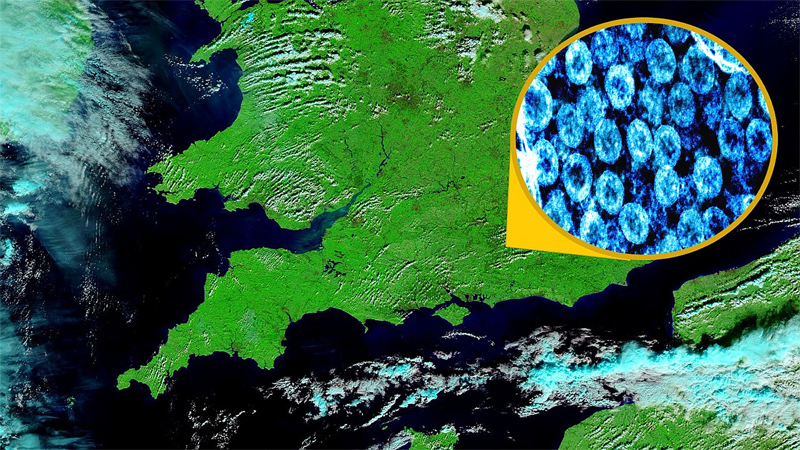Covid-19 Story Tip: Experts Say Current Prevention Measures Best Way to Deal with New COVID-19 Virus Strains
12/29/2020

In recent weeks, genetically divergent strains of SARS-CoV-2, the virus behind COVID-19, have been reported to be rapidly spreading in the United Kingdom, South Africa and other nations, fueling fears that a darker chapter may be looming in the story of the current pandemic. Two Johns Hopkins Medicine infectious disease experts say that while the variant viruses and the illnesses they produce should be carefully followed and studied, these events do not warrant either more concern or, more importantly, any changes in established prevention measures and ongoing vaccination programs.
“There is no demonstration yet that these strains are biologically different in ways that would require any change in current recommendations meant to limit the spread of COVID-19,” says Stuart Ray, M.D., professor of medicine at the Johns Hopkins University School of Medicine. “In particular, there is no evidence at this time indicating that immune responses produced by the current vaccines would be evaded by these strains.”
Agreeing with Ray is his colleague, Robert Bollinger, Jr., M.D., M.P.H., the Raj and Kamla Gupta Professor of Infectious Diseases and professor of medicine at Johns Hopkins University School of Medicine.
“All viruses mutate over time — with the influenza virus as the best-known example — and we learn to deal with those changes accordingly,” Bollinger says. “There is no reason to believe that the COVID-19 vaccines currently being administered will not work with the SARS-CoV-2 variants reported in Europe and Africa. And scientists around the world will be examining the genetic makeup of the new strains to ensure that situation doesn’t change.”
Bollinger notes that the SARS-CoV-2 variant first detected in southeast England this past September has now become the most common cause of COVID-19 in the region, responsible for about 60% of all new cases in London. Travelers from the United Kingdom have spread the strain to other countries, including Denmark, the Netherlands and possibly Belgium.
Although the new virus strain — and another genetic variant like it in South Africa — have been reported as more easily transmitted than the original strain, Bollinger says that people should not panic.
“They may be easier to spread, but there is no evidence that they are more dangerous in terms of causing a more severe form of COVID-19,” he explains. “Besides, environmental or behavioral factors might be responsible for the recent surge in cases in England, rather than a genetic change in the virus.”
Ray says that the emergence of SARS-CoV-2 genetic variants underscores the continuing need to follow proven protective measures, such as wearing a mask in public, frequent hand washing and physical distancing.
“As the virus continues to mutate and exploit more of its genetic landscape, there is always the small possibility that it will adapt to antiviral drugs and vaccines, making the current therapies less effective,” says Ray. “Not contracting and spreading the virus — no matter which strains we encounter — is still the best way to beat the pandemic.”
Ray and Bollinger are available for interviews.